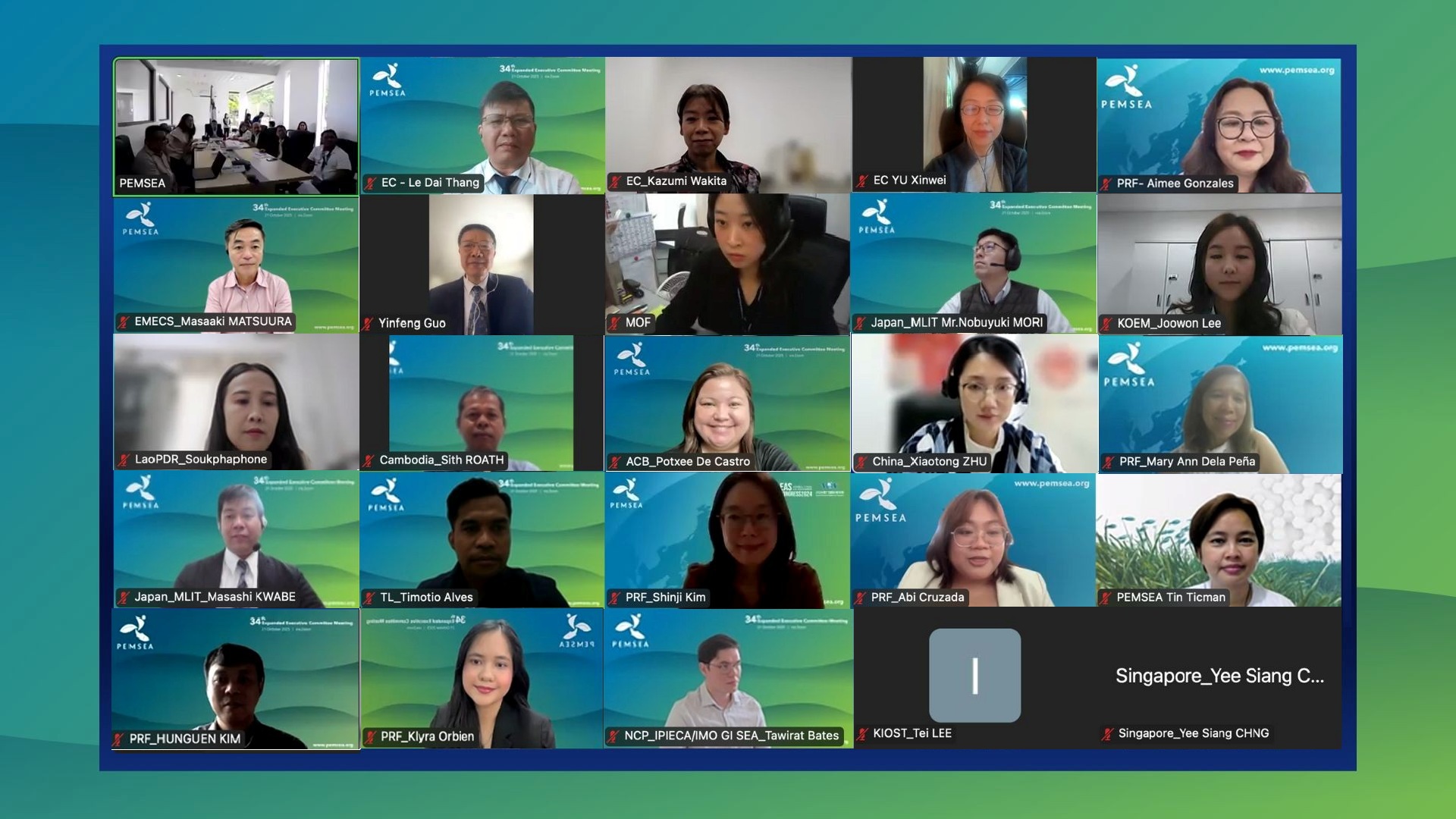Towards Stronger Fishery Management in Batangas Province
Monday, 7 April 2008

Batangas Province, Philippines — Fisheries is one of the major sources of livelihood in Batangas Province, Philippines. The province, at the same time, is faced with varying issues including declining fish catch, use of destructive fishing methods and conflict arising from overlapping jurisdictions among municipalities.Each municipality has its own legislation concerning fishery management in its own municipal waters. Recognizing the issue arising from the varying municipal fishery ordinances, the Sangguniang Panlalawigan of Batangas seeks to strengthen fishery management through "unified" fishery legislation at the provincial level. The provincial government recently called upon each municipality, including fisherfolk organizations, to develop a position paper on the issues concerning the fishery sector and their proposed actions. In relation to this, a meeting involving representatives from various Municipal Agriculture Offices (MAOs), Integrated/Municipal Fisheries and Aquatic Resources Management Councils (I/MFARMCs), provincial government representatives and fisherfolk organizations was convened by Conservation International (CI) and World Wide Fund for Nature (WWF)-Philippines on 6 February at Provincial Government of Batangas-Environment and Natural Resources Office (PG-ENRO). The participants formulated several recommendations with regard to conservation and management of coastal resources, including fisheries in the province, based on the issues concerning each municipality.Building upon the recommendations of an earlier meeting of the Bantay-dagat Network and nongovernmental organizations (CI and WWF-Phil) to strengthen the role of Bantay-dagat, through either bay-wide or province-wide institutionalization, it was agreed that this will also be the major recommendation of the meeting conducted. Bantay-dagat (sea wardens) is a civilian fisheries patrol force made up of volunteers that try to keep a 24-hour watch on Batangas coastal waters of up to 15 km from the shore. The delineation of municipal waters based on Republic Act 8550 (Fisheries Code) was recommended to resolve the conflict arising from overlapping jurisdictions among municipalities. Strengthening the role of I/MFARMCs as a partner of the local government units (LGUs) in the conservation of marine and coastal resources, particularly in the formulation of plans, policies, programs and projects in the implementation of RA 8550, is also regarded as an essential action that can be considered by the provincial government. The meeting also recommended that a study should be conducted in relation to the imposition of regulations for "open and close" season for the fishery, such as the catching of dulong and other endangered marine resources (e.g., tresher shark, etc.). The provincial government is called to implement programs for better enforcement of regulations on security of tenurial rights along the coasts (e.g., foreshore lease agreements, breakwater, fisherfolks settlements, etc.). The implementation of the Batangas Province Strategic Environmental Management Plan (SEMP), through the allocation of sufficient annual funds to provincial government agencies and municipalities for the execution of programs identified in the plan, was stated as an equally essential action that should be considered. These recommendations signed by each of the participants along with the position papers to be prepared by each municipality will be forwarded to the Sangguniang Panlalawigan, particularly to the Committees on Agriculture, Tourism, Environment, and Laws, Rules and Ordinances, for positive consideration.




